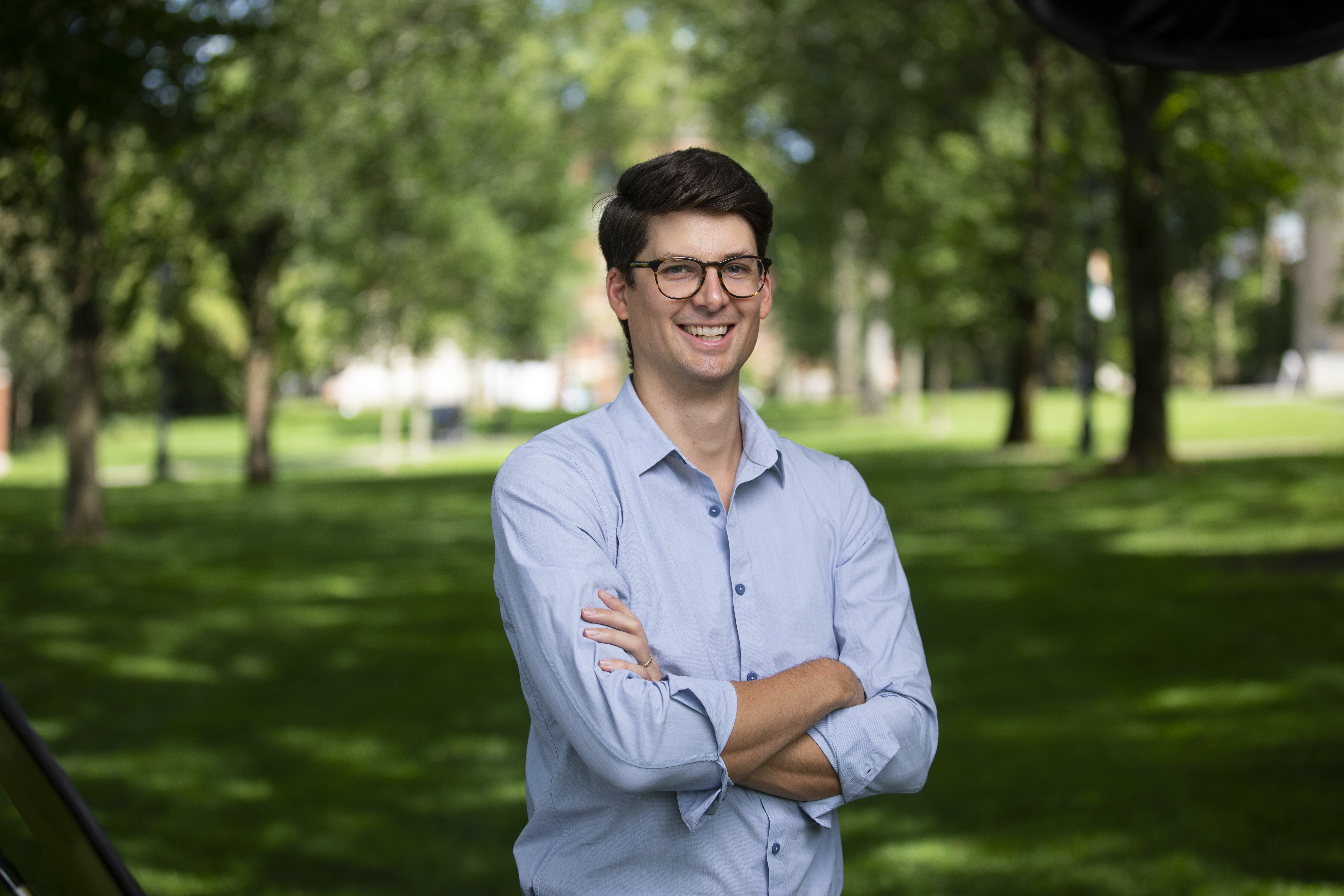Reid Pauly is an Assistant Professor of Political Science at Brown University and the Dean’s Assistant Professor of Nuclear Security and Policy at the Watson Institute for International and Public Affairs. Pauly received his BA in History and Government from Cornell University and his PhD from the Massachusetts Institute of Technology as a part of the Security Studies Program. Prior to joining Brown, Pauly was a Stanford postdoctoral fellow at the Center for International Security and Cooperation at Stanford University, a predoctoral fellow at Harvard Kennedy School’s Belfer Center for Science and International Affairs, and a summer associate at the RAND Corporation. His work mainly focuses on coercion, nuclear weapons proliferation, nuclear strategy, and interstate secrecy and deniability. Pauly currently teaches a course on the politics of nuclear weapons, in which students have the ability to explore consequences of the spread of nuclear weapons technology and the basic strategies used by nuclear powers.
Yuliya Velhan: When the Soviet Union fell apart, Ukraine was left with a nuclear arsenal. Considering the current war, do you think it was possible that if Ukraine was able to retain those weapons, the war would have been avoided?
Reid Pauly: Historical counterfactuals are always difficult. This is one that is commonly brought up today. I caution my students against thinking that former Soviet nuclear weapons could have prevented the full-scale invasion of Ukraine in 2022. At the dissolution of the Soviet Union, Ukraine was left with nuclear warheads on its territory, but it did not have operational control over those weapons. Russian officers, reporting to Moscow, controlled the warheads. I doubt that Ukraine could have wrested control away from Moscow. If they had tried, we might have seen a violent solution as opposed to successful coercive diplomacy. What Ukrainian leaders seem to have decided at the time is that the warheads were good bargaining chips, which they knew they would give up eventually.
YV: How have the other aspects of the Budapest Memorandum impacted the way we are seeing the war play out today?
RP: Russian security assurances provided in the Budapest Memorandum have been shown to be worthless. This exacerbates what we in political science call a “commitment problem”—peace between Russia and Ukraine is less likely if the Ukrainians think that Russia will only return to violence in the future.
YV: Do you think Russia will engage in nuclear brinkmanship? What are the chances of accidental nuclear escalation?
RP: Putin has already made nuclear threats to attempt to deter external intervention into the war in Ukraine, and the risk of nuclear war is already factoring into the decision-making of all parties to the conflict. If a strict definition of brinkmanship requires explicit decisions on the part of leaders to risk nuclear war, then maybe we have not reached that threshold yet. But the logic of brinkmanship is already at play in this war. That is, the risk of unintended escalation is all around. We have seen this in the buzzing of aircraft over the Black Sea, including one incident that downed a US drone. War is by nature unpredictable and can lead to many inadvertent or unintended events.
YV: How likely is Putin to use nuclear weapons in Ukraine? Are there certain situations that would make Putin more likely to use them? Would Russia escalate to de-escalate? Would that strategy really work in this war?
RP: It is not likely, but it is possible that Putin would attempt an “escalate to de-escalate” strategy in this war. If Putin perceives himself to be backed into a corner, it is more likely. We are not there right now. Pathologies such as Putin’s narcissism or frustration and anger might make the use of nuclear weapons more likely. Would it work? Probably not. A terrific graduate student at Brown, Dan Post, just defended his dissertation on this topic, and his research shows quite convincingly that it would not work. What you are more likely to get when you begin a limited nuclear war is more war.
YV: Considering Russia is considering placing nuclear weapons in Belarus, what can that possibly mean for the development of the Russia-Ukraine War?
RP: I haven’t yet seen confirmation that any Russian nuclear weapons have actually moved to these storage facilities in Belarus, but Moscow’s announcement of the intention to do so is consistent with its strategy of nuclear saber-rattling throughout this war. All of these moves are meant to remind the United States and Europe that the nuclear shadow is dark over Ukraine. So I don’t like to see it, but I don’t think it changes much about the war.
YV: How have we seen nuclear weapons impact the war so far?
RP: Nuclear weapons are affecting every aspect of the war in Ukraine. Putin would not have invaded in the first place if he could not use Russia’s nuclear arsenal as a shield behind which to engage in this conventional aggression. And there has been one big impact of that nuclear threat: The United States and NATO have not directly intervened. They are deterred from doing so. They are not deterred, however, from providing military assistance to brave Ukrainians. But all of the individual choices about what kinds of aid to provide and when—javelins, stingers, HIMARs, tanks—have all confronted the question of how much additional risk of nuclear escalation they add. And different governments and leaders can reasonably disagree with one another about the answer, but at a minimum they can agree that Russian nuclear weapons are factoring into their decisions. So nuclear weapons are having a big impact on the war. It shows how much we need bright students to continue to think about how to minimize nuclear dangers in our world.
*This interview has been edited for length and clarity.
